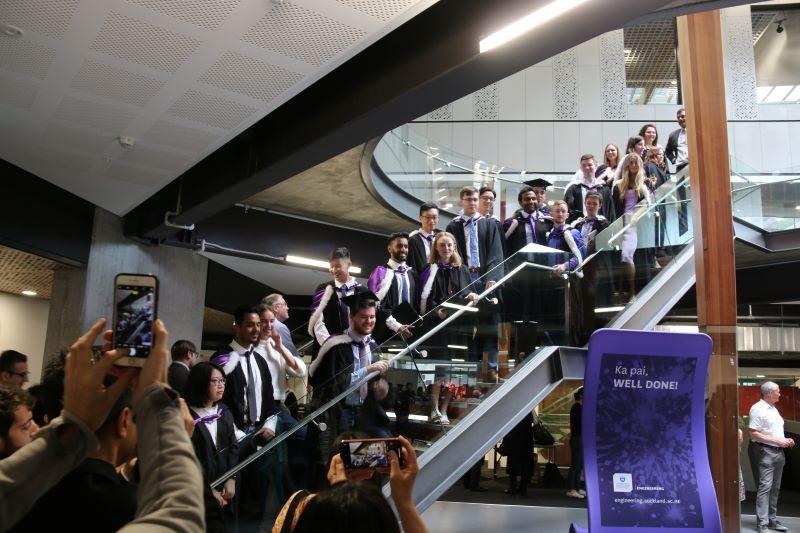Engineering New Zealand President Glen Cornelius says a “serious conversation and commitment with Government” about the country’s approach to developing skills in science, technology, education and maths (STEM) is “long overdue”.
Cornelius was responding to recent proposals from Massey University to cease delivering its four-year Bachelor of Engineering (Honours) and Bachelor of Food Technology (Food Process Engineering) degrees – proposals he describes as “a real blow.”
“Any proposal to reduce educational opportunities for young people to train in engineering and STEM subjects gives us cause for concern,” he says.
Chief Executive Dr Richard Templer agrees, saying engineering is “critically important” to New Zealand’s future as the country looks to grow productivity and incomes.
“We know 2,500 new engineers are needed each year to support New Zealand’s economy, and that’s before finding engineers to replace those who move overseas or retire.
“There are huge opportunities for today’s engineering students when considering food security and resilience in the face of climate change, or opportunities through innovation and trade,” he says.
Although Cornelius accepts tertiary institutions are facing financial pressure and many are making “tough choices” about which programmes are sustainable, he sees Massey University’s proposals as evidence of a larger issue about the place of STEM in education and the workforce.
“As President of Engineering New Zealand, I want to see our country grow STEM opportunities for our many intelligent and curious young minds,” says Cornelius.
“But these proposals send the wrong message. They suggest a future in STEM isn’t valued – all of which comes at a time when there is a global demand for engineers.
“The need for graduate pathways in science, technology, engineering and maths has never been greater – and that’s a message we’ll be taking to the next Government,” he says.






